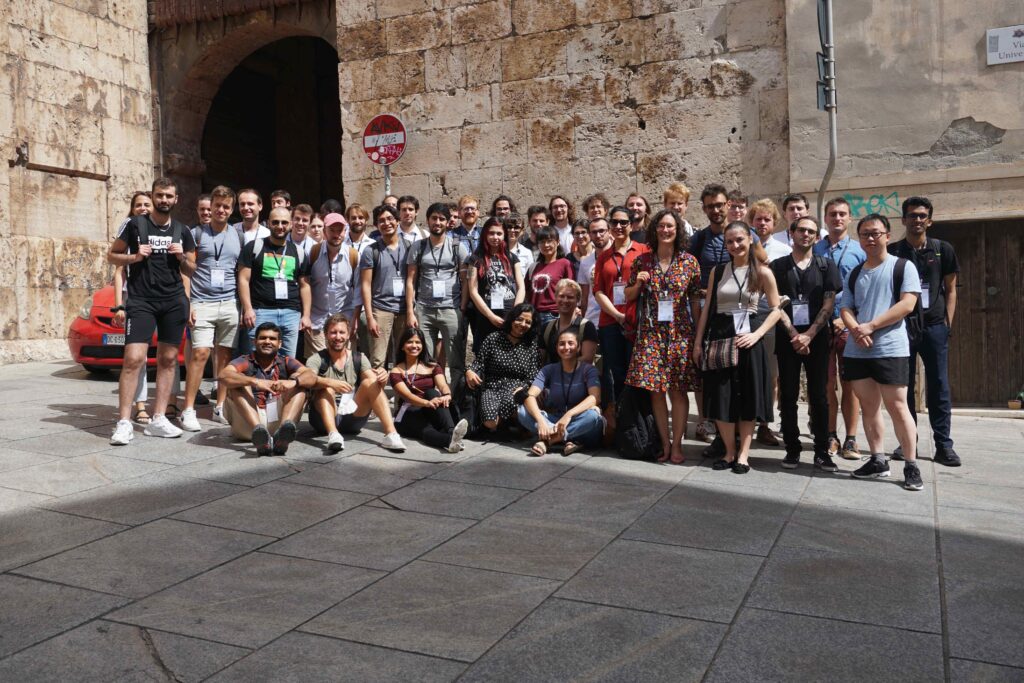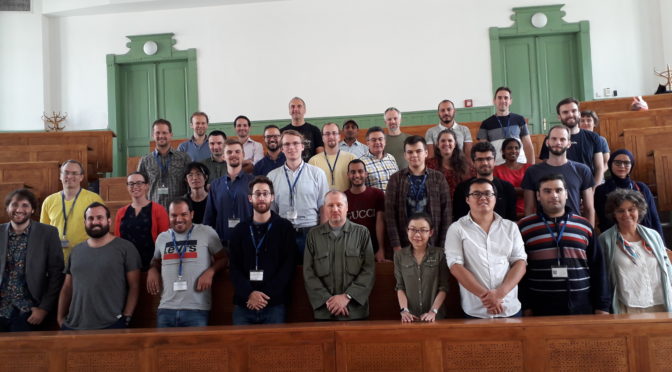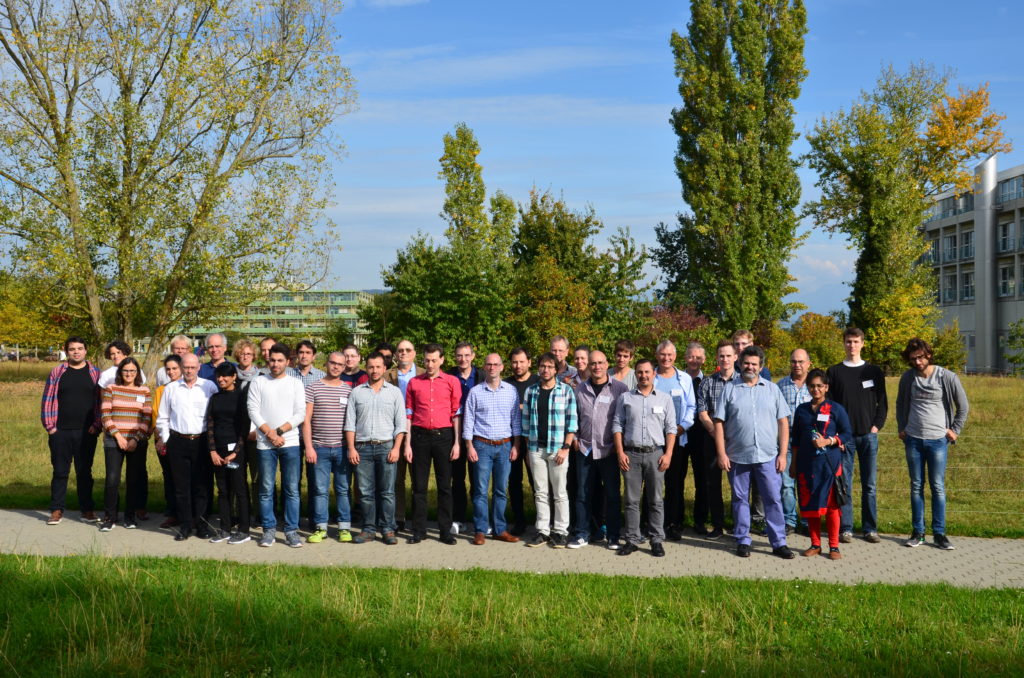
ETSF YRM 2021 — September 6-10, Cagliari (Italy).
The Young Researchers’ Meeting (YRM) of the European Theoretical Spectroscopy Facility (ETSF) is an annual meeting which involves researchers in theoretical materials science at the early stages of their careers (i.e. PhD students and post-doctoral researchers).
ETSF YRM 2021 took place in Cagliari (Italy), in the frame of the wonderful and unique landscape of Sardinia. The conference has been held in the auditorium of the Faculty of Architecture, in the spectacular setting of Collegio dei Gesuiti, an historical building dating back to the 17th century. Because of the sanitary crisis due to Covid-19 pandemic, and because of the consequent necessity to maintain security distances, the number of participants was restricted. However, in order to give to all the applicants the possibility to attend the meeting, all the talks were broadcast via Zoom.
The YRM of ETSF aims to give to young researchers the opportunity to present their work and to share their knowledge in state-of-the-art theoretical methods for solid state physics, in an informal context which stimulates networking and exchange between peers. It also promotes meeting between young researchers and private companies interested in profiles with a strong scientific backgrounds. To this purpose, one of the session of the conference hosted some former researchers now working out of academia, which shared with the participants their experiences. Continue reading The 17th ETSF Young Researchers’ Meeting


